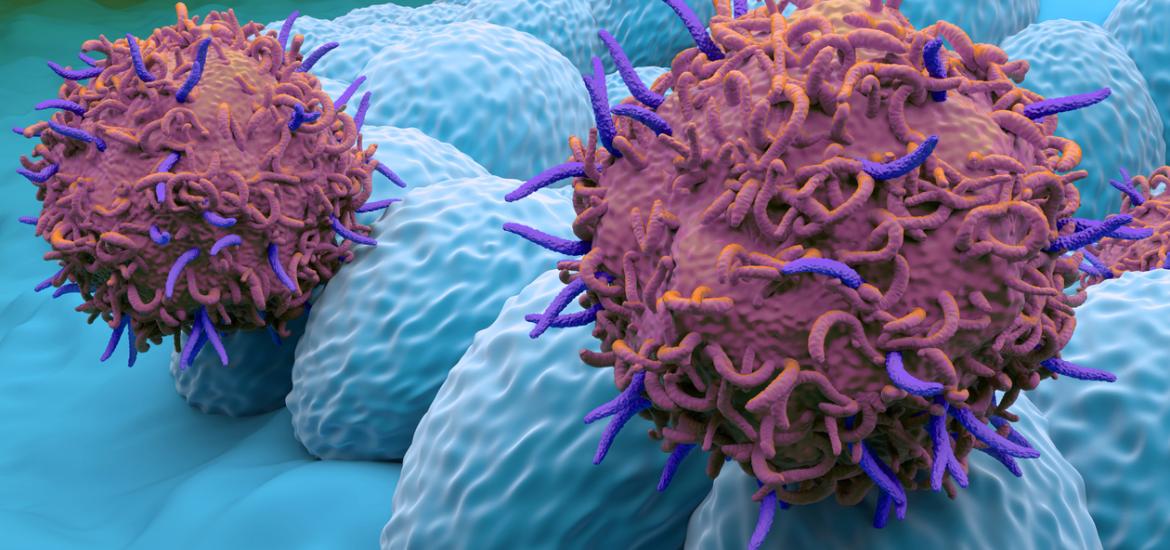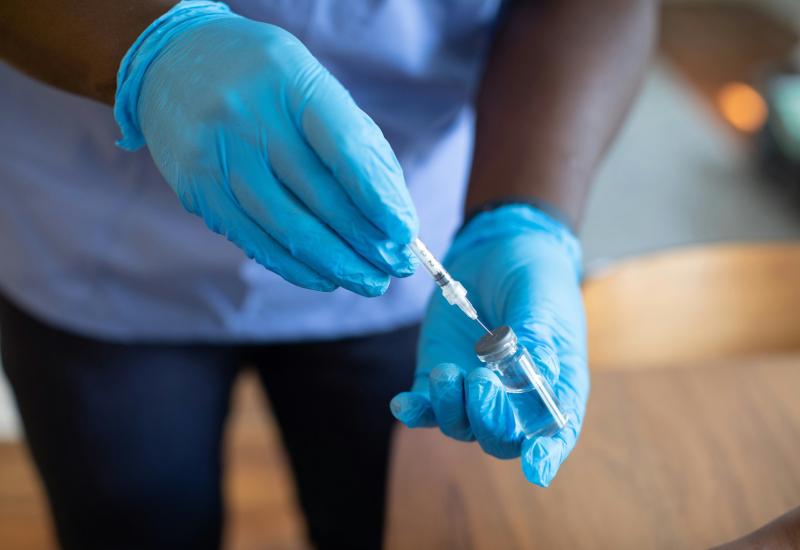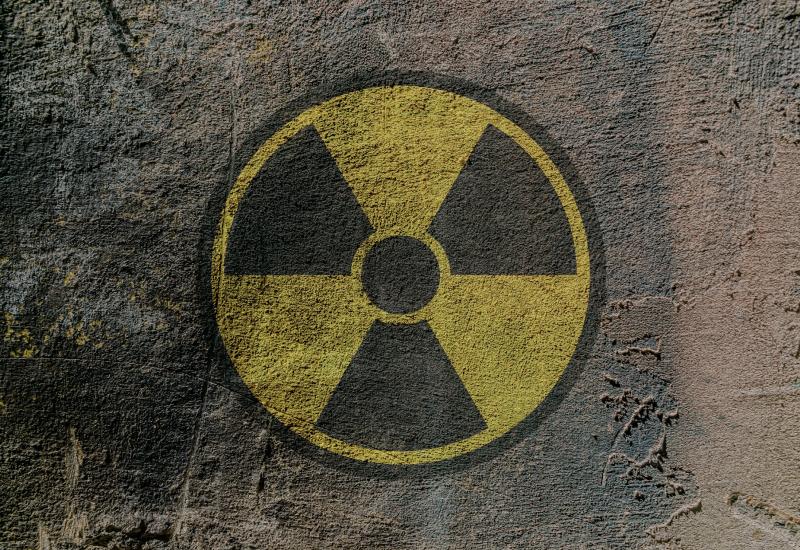
Up next for saci-T is a challenge to Jemperli

The latest trial in Merck & Co's burgeoning pivotal programme for sacituzumab tirumotecan looks like a fresh challenge to GSK's Jemperli, which is carving out a niche in endometrial cancer. The Trofuse-033 study, just revealed on clinicaltrials.gov, will test saci-T alongside Keytruda and chemo in patients specifically with first-line, mismatch repair-proficient (pMMR) disease. This might seem a curious approach, since chemo combos of Keytruda and Jemperli alike are already approved for first-line endometrial cancer irrespective of MMR status. But Keytruda's Keynote-868 trial, which backs US and EU labels, showed PFS hazard ratios of 0.30 in mismatch repair-deficient (dMMR) disease, versus only 0.60 in pMMR; Jemperli's Ruby study has shown a similar dichotomy in survival data, so the addition of saci-T into the mix might be an attempt to shore up Merck's standing with prescribers. AstraZeneca's Imfinzi is a somewhat relevant player too, but approval of its chemo combo for first-line endometrial cancer (based on the Duo-E trial) is restricted to dMMR disease. Including Trofuse-033, Merck-sponsored pivotal trials of saci-T, an anti-TROP2 ADC licensed from Kelun, now collectively seek to enrol 10,790 patients.
Cross-trial comparison in 1st-line endometrial cancer
| Trial | Drug | dMMR/MSI-H | pMMR/MSS |
|---|---|---|---|
| PFS vs chemo | |||
| Ruby* | Jemperli + chemo | 30.3mth vs 7.7mth | 9.8mth vs 7.9mth |
| HR=0.29 | HR=0.78 | ||
| Keynote-868 | Keytruda + chemo | NR vs 6.5mth | 11.1mth vs 8.5mth |
| HR=0.30 | HR=0.60 | ||
Note: also has OS data, showing HR=0.34 in dMMR/MSI-H, and HR=0.82 in pMMR/MSS disease. Source: OncologyPipeline & prescribing information.
1726













